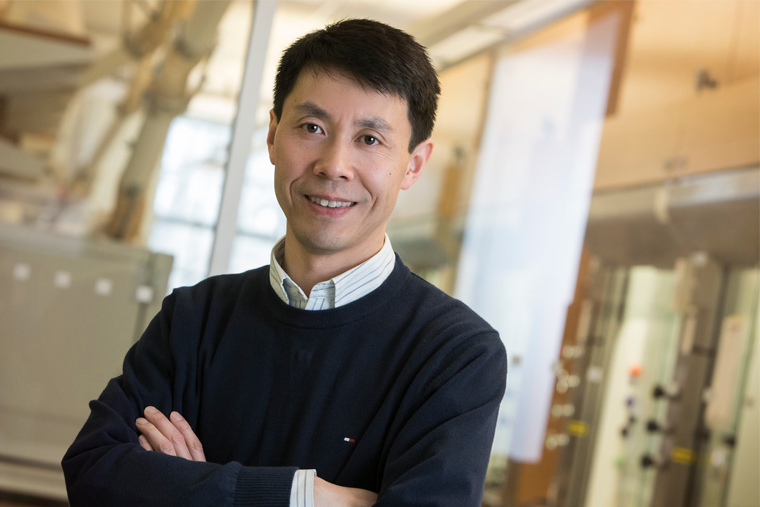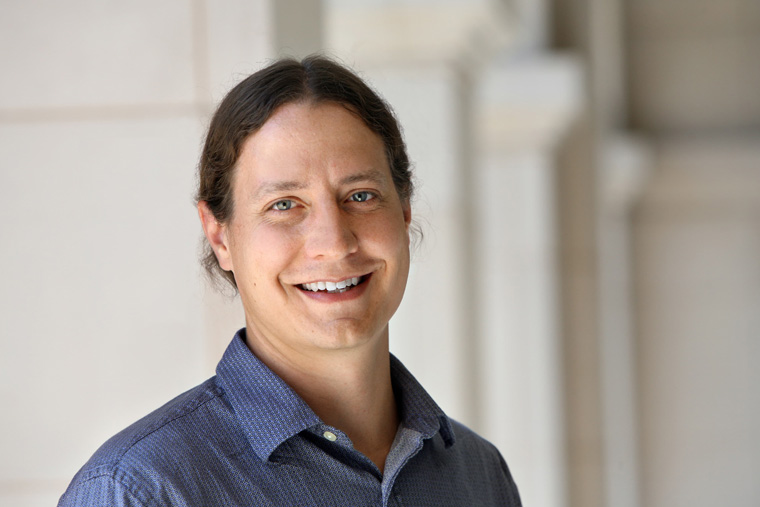
The U.S. Department of Energy (DOE) has awarded Argonne National Laboratory and a team of academic and community leaders, including faculty from the McKelvey School of Engineering at Washington University in St. Louis, $25 million over five years to advance urban climate science by studying climate change effects at local and regional scales.
The results of this new research will inform communities to build resilience to future effects of climate change.
Argonne and partners will establish an Urban Integrated Field Laboratory called Community Research on Climate and Urban Science (CROCUS) focusing on the Chicago region. CROCUS will use community input to identify questions and specific areas of urban climate change to study, ensuring that research results directly benefit local residents. CROCUS researchers will also work with organizations and students to collect on-the-ground data and develop climate models.

Jian Wang, professor and director of the Center for Aerosol Science and Engineering, and Brent Williams, associate professor, both in McKelvey's Department of Energy, Environmental & Chemical Engineering, will work with CROCUS to help advance a scientific understanding of urban climate issues in Chicago and hopefully make discoveries with wider significance.
"Findings in Chicago might yield insights that are useful in cities across the country for working with residents on citizen science and for better understanding of both the impact on and feedback from urban environment to regional and global scale climates," Wang said.






